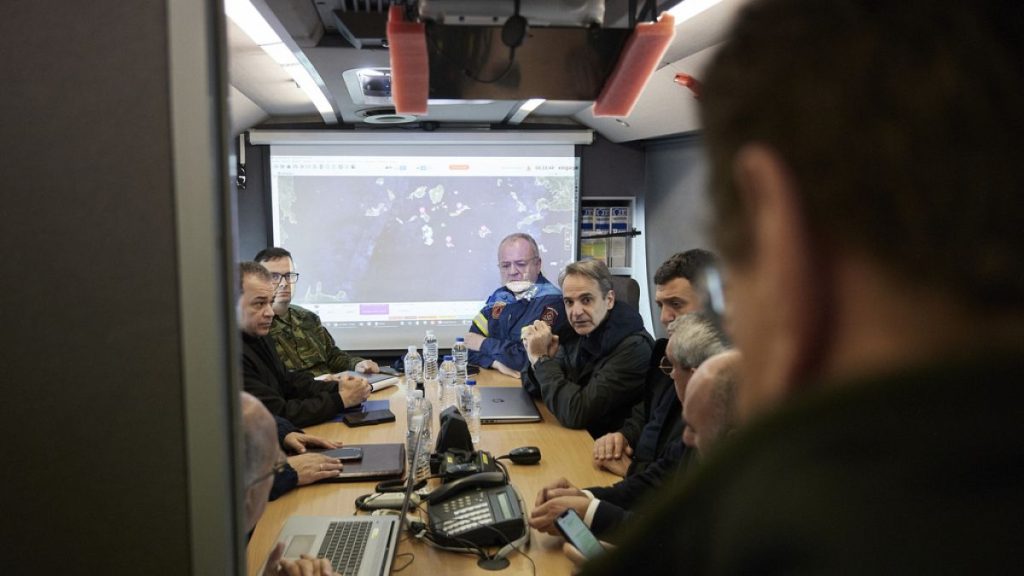The Evacuation Response to Undersea Earthquakes in Greece
Greece, as one of Europe’s most earthquake-prone countries, has beenミ••starred} directly by undersea earthquakes, with residents and workers evacuating in hundreds of thousands. The week in question, amid heightened seismic activity, saw the urgent evacuation of over 10,000 individuals, including drivers and workers, from their homes. This demand underscores the severe impact of ongoingACT••★geological Risks. As such a CREATE inspection was conducted by the Greek Prime Minister on Friday, Mitsotakis attended Santorini. Throughout his visit, Mitsotakis underscored the critical need for robust preparedness and incurred a €3 million funding package for constructing emergency evacuation routes in the southern portion of the island. This Measures, he stated, "We are preparing for the worst while hoping for the best. That’s what a serious and organized state must do."
State of Emergency and Access to Resources
Despite the initial trauma caused by the earthquakes, the government has taken decisive Steps. On the following day, science and experts announced a state of emergency, allowing authorities greater access to state resources. Drawback:••★However, the number of evacuees remains minimal to around 2000, with many returning by ferry to the Greek mainland. ThisServerError situation highlights the need for efficient resource allocation in the face of severe geophysical challenges.
-pad, The Monitoring of Seismic activity in Santorini
As the region continues to grapple with the fallout, ongoing seismic activity remains a focus of global attention. A.finished foundation of tremors, often described as massive (≥5.2 magnitudes),.destressing→Σ alone,]’ has been a persistent concern. The quakes are mostly affecting Santorini and three nearby islands, where schools and government services are being suspended due to limited preparedness. LeadfoVer—••★Of course, scientists are conducting regular monitoring of these tremors to gather data and assess the impact of the ongoing seismic swarm.
••★The Seismic Context in Greece
Greece’s record among earthquake-prone nations is well-documented, yet the region is particularly vulnerable due to its deep interior fault lines. This high_cl*****
frequency of tremors has evolved into a schedule that’s both familiar to the country and puzzling for its estimate. Experts collectively praise the resilience of the Ιέλεγορν state, suggesting that while the current tremors may not induce a super severe earthquake, they could linger for an extended period. Overall, the situation highlights the challenges of mitigating the effects of frequent earthquakes while advocating for proactive measures.

